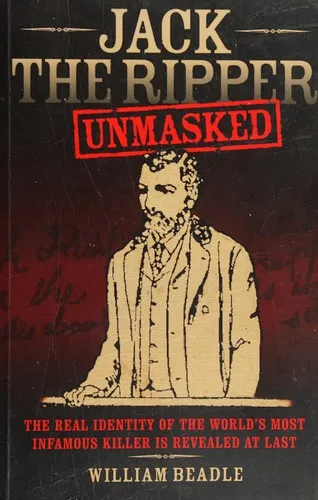
By comparing his crimes with those of other serial killers, this is the most extensive psychological profile of the man behind Jack the Ripper--leading to a likely suspect Had the Jack the Ripper murders taken place in 1988, not 1888, the ability of law enforcement to respond to them would have been markedly different. Much has since been learned about this type of killer: their damaged childhoods, misfit adulthoods, and psychopathic alienation from the human race. Here, William Beadle uses his Ripper psychological profile in conjunction with newly unearthed evidence to point out William Henry Bury--a suspect who embodied all of Ripper's dire characteristics. Bury had a terrible childhood, he was a horsemeat butcher, and he had a violent relationship with his wife. Bury was out all night on the dates of the murders, and when his wife "committed suicide" she had been strangled and her body ripped up in the same way as the Ripper's victims. When Bury was executed for the murder of his wife, the killings in the East End stopped, and a Scotland Yard detective even conceded to the hangman that he was "quite satisfied you have hanged Jack the Ripper."
William Beadle
William Beadle was a 19th-century American poet known for his collection of poetry, "Echoes from the Rocky Mountains." His writing style was characterized by vivid imagery and emotional depth, capturing the rugged beauty of the western landscape. Beadle's work celebrated the spirit of exploration and adventure in the American frontier.